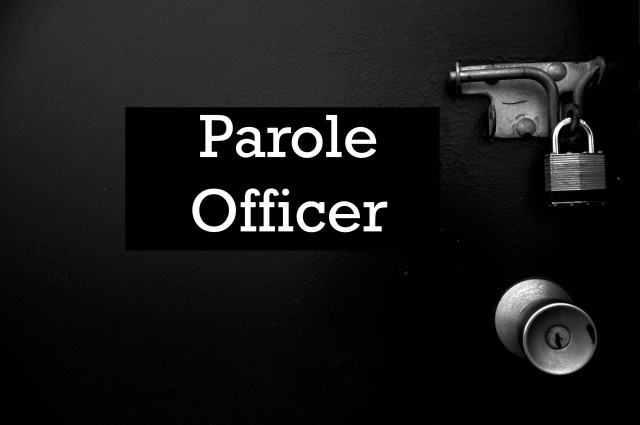To-be-released prisoners stuck behind bars due to parole staff shortage
There are only three officers for every 855 inmates in the province.

A large number of under-trial prisoners, both juvenile and adults, don’t get released because the probation and parole department does not have adequate staff to deal with the paperwork.
This was said by the panelists at a consultation on ‘The role of probation in the criminal justice system’ on Thursday. It was organised by Society for the Protection of the Rights of the Child (SPARC).
Telling the audience about the status of probation and parole department, home department’s additional secretary, Dr Jamaluddin, said that there were 164 sanctioned posts in the department. “However, currently only 14 people work there,” he said. “But the government will soon induct 21 new probation officers.”
The manager of SPARC, Iqbal Detho, said that there were 22,762 inmates on probation and parole in Punjab and there were only 77 probation and parole officers. “Sindh’s ratio to the number of inmates to officers is even lower,” he said. “There only three officers to deal with 855 inmates. Blochistan has 11 officers dealing with only 13 inmates on probation.”
He added that Khyber Pakhtunkhwa had 30 officers with responsibilities to look after 1,791 prisoners.
Sindh Prisons IG Ghulam Qadir Thebo elaborated on the effects of probation and parole system on the number of jail inmates. According to him the jails in Sindh were not overcrowded. “There are 26 jails in Sindh and their capacity has recently been increased,” he said. “There are 14,000 prisoners across the province.”
Thebo said that the jails were being converted to rehabilitation centres. He stressed on the importance of coordination between all the four pillars of the criminal justice system.
Justice (retd) Dr Ghous Muhammad admitted that most of the judicial officers were not aware of the alternatives to imprisonment. “They should be educated about the probation system,” he suggested. “The objective of punishment is reformation not retribution. Therefore, the notion of bail - not jail, should be considered by all the magistrates when sentencing first-time offenders.”
Muhammad said that both trial and appelate courts can release the inmates on probation. “But unfortunately they are not inclined to do so.”
To this Thebo added, “As long as all the organs do not work in harmony the environment for rehabilitating offenders will be far from ideal,” he said. “Even the educated people are unaware of their own benefits.”
Sindh DIG (admin) Abdul Khalique Shaikh urged on the technical and legal aspects of probation system as an alternative to detention. He said that release of a convicted prisoner by the court on parole or probation is done under specific conditions for a specified time period during which the sentence is curtailed.
Published in The Express Tribune, July 20th, 2012.



















COMMENTS
Comments are moderated and generally will be posted if they are on-topic and not abusive.
For more information, please see our Comments FAQ